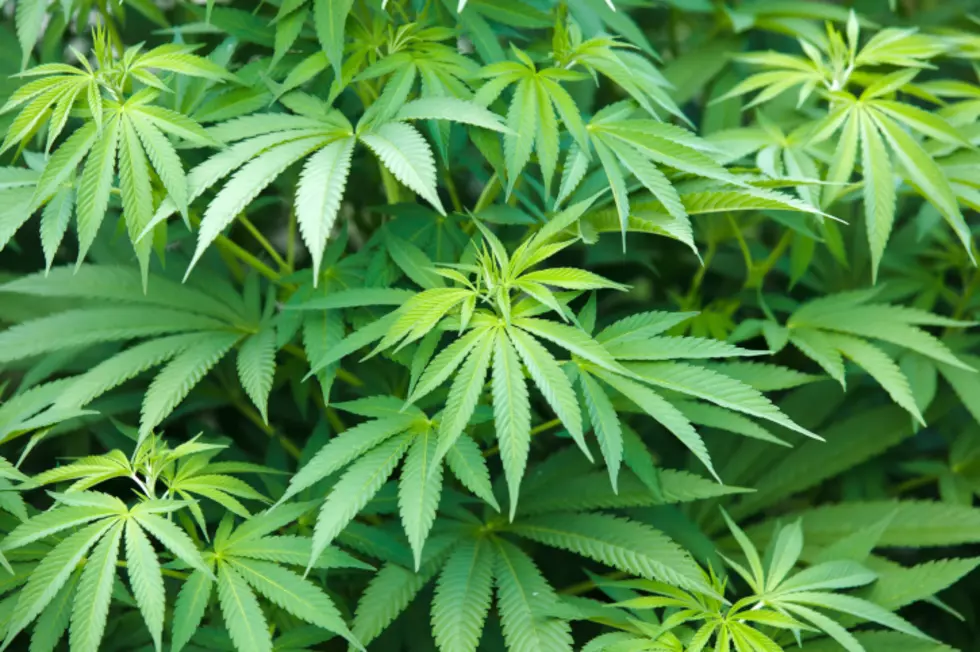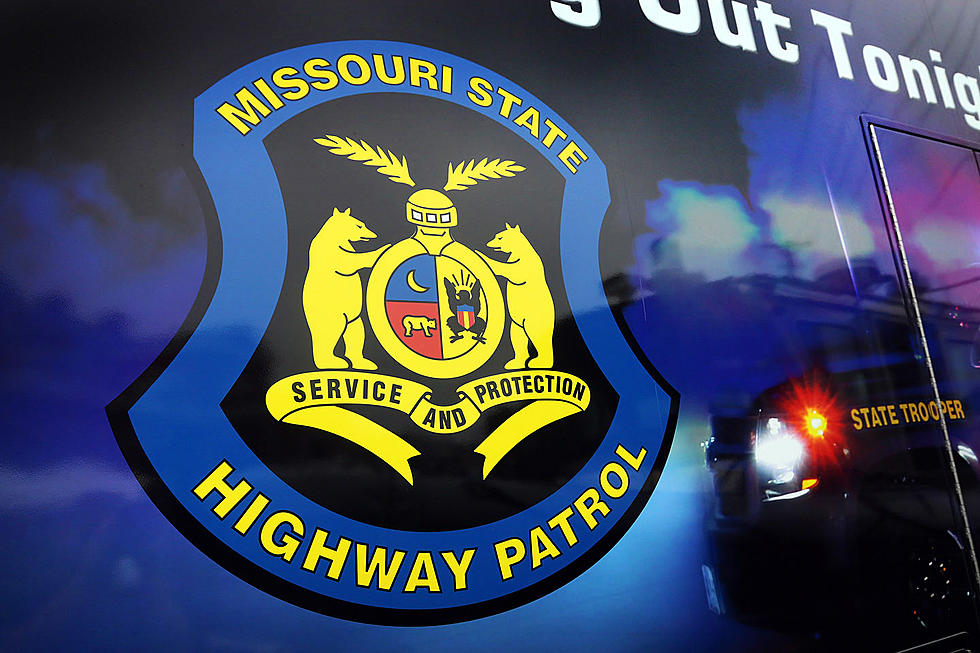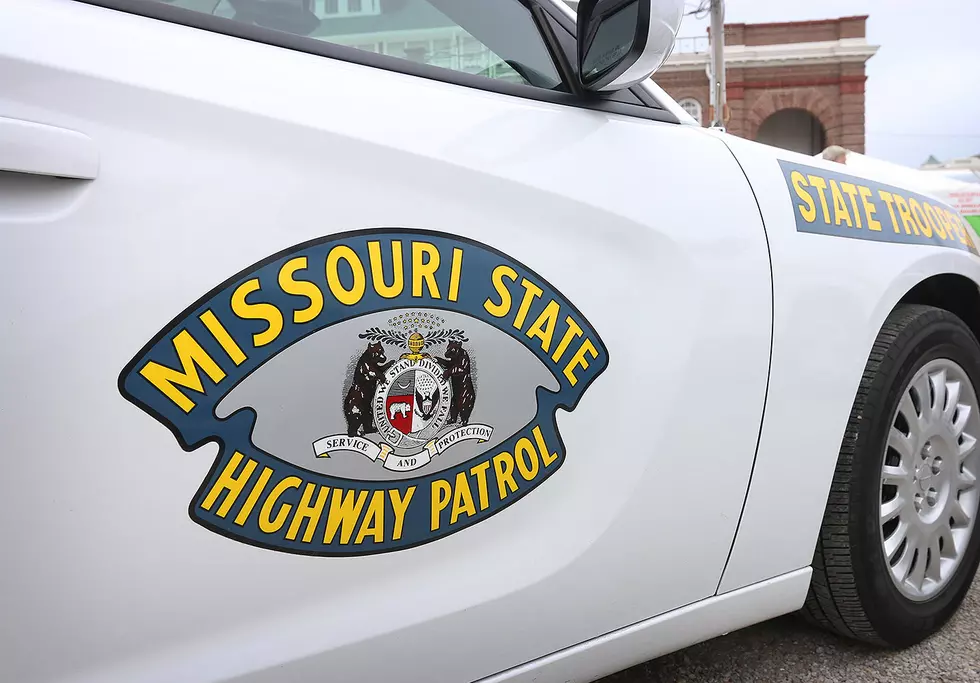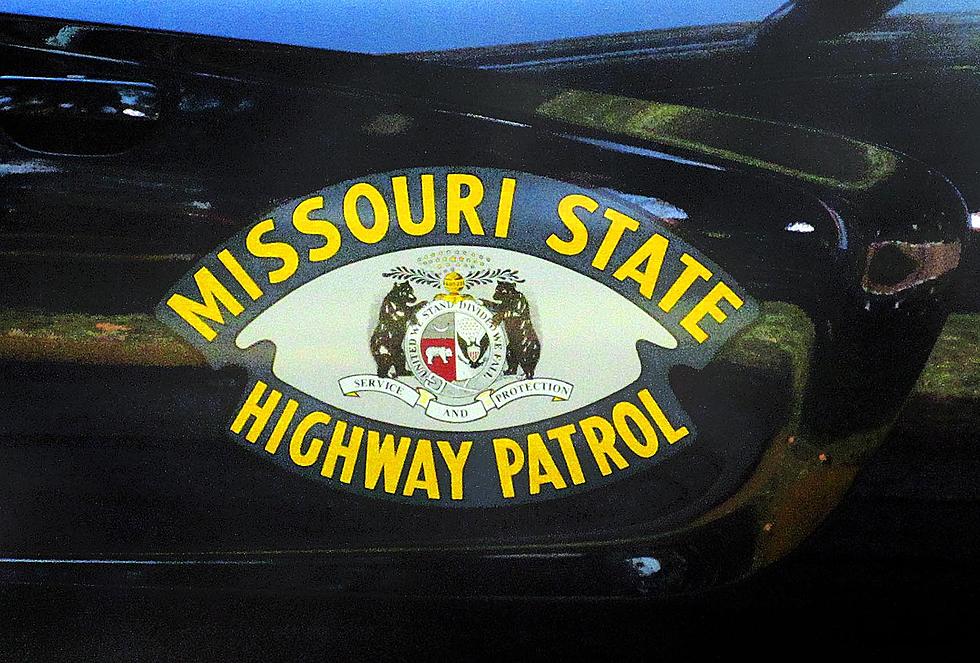
Missouri Voters Say Yes to Medical Marijuana
Missouri voters on Tuesday approved a measure that would give them access to medical marijuana, joining a long list of states that allow the once-forbidden drug to be used for medicinal purposes.
Three separate and unrelated issues were on the ballot providing for medical marijuana in Missouri, thanks to three successful petition drives. But just one passed: Amendment 2.
The medical marijuana ballot proposals were among several issues confronting Missouri voters, who also approved three other measures: A gradual increase of the state’s minimum wage from the current $7.85 an hour to $12 an hour; creation of a new position of nonpartisan demographer to draw state House and Senate boundaries; and a reduction in the amount of experience necessary to run bingo games.
But voters rejected a measure that would have raised the current 17-cent-per-gallon gas tax 10 cents per gallon.
The approved medical marijuana measure allows patients with cancer, HIV, epilepsy and other conditions access to the drug. Missouri becomes the 31st state to approve medical marijuana, although Utah also had a measure on the ballot Tuesday.
Missouri legislative researchers have estimated that more than $100 million worth of medical marijuana could be sold annually.
Experts had predicted a court battle if more than one of the measures passed.
Amendment 2, from a coalition of patients, doctors and veterans called New Approach Missouri, emphasized the value of medical marijuana for veterans. Post-traumatic stress disorder is among the qualifying, and a 4 percent sales tax goes to a newly-created fund for health and care services for veterans.
New Approach Missouri spokesman Jack Cardetti said that in passing Amendment 2, voters “showed that increasing health care treatment options for patients and supporting veterans are bipartisan Missouri values.”
Stacy Carey, 57, a jewelry maker from Chesterfield, voted for Amendment 2 because, she said, she’s personally seen the value of medicinal marijuana.
“My dad had cancer and smoking marijuana helped him,” Carey said. “It kept him alive because he was nauseous and couldn’t eat until he had the marijuana. That’s what changed my mind.”
The competing constitutional change proposal that failed, Amendment 3, was financed almost exclusively by Brad Bradshaw, a Springfield personal injury attorney and medical doctor. Its funding mechanism called for a 15 percent tax on the retail sale of marijuana as well as a wholesale tax on the sale of marijuana flowers and leaves. Those funds would have been used to create a new state institute to research “presently incurable diseases.”
Opponents were critical of a provision giving Bradshaw broad powers over the new research institute, including choosing its board members.
Proposition C, which also failed, would have imposed a 2 percent tax on medical marijuana sales to be used for veteran services, drug treatment, early childhood education and public safety in cities with medical marijuana facilities. It was supported by Missourians for Patient Care, a political action committee that did not disclose its financial supporters.
The minimum wage measure, Proposition B, will require the wage to rise to $8.60 an hour in 2019 and gradually increase to $12 an hour by 2023.
Amendment 1, the so-called “Clean Missouri” ballot measure, requires the demographer to draw legislative boundaries based on the 2020 Census using criteria intended to achieve partisan fairness. Maps will be submitted for approval to bipartisan commissions, which will have less leeway than in the past to draft their own plans.
The measure also limits lobbyist gifts to lawmakers, makes legislative records open to the public, lowers campaign contribution limits for legislative candidates and lengthens the time lawmakers must wait after leaving office before becoming lobbyists.
The bingo measure, Amendment 4, reduces to six months the term of membership in an organization before a person can run a bingo game. The current requirement is two years.
The gas tax proposal, Proposition D, would have used money created by the 10-cent-per-gallon gas tax hike to repair roads and bridges and help fund the Missouri State Highway Patrol.
The defeat wasn’t a complete shock since Missouri voters have a long history of rejecting tax increases. Missouri’s gas tax has not changed since 1996. In 2014, Missouri voters rejected a proposed sales tax for roads. They also defeated a transportation tax plan in 2002.
More From AM 1050 KSIS









